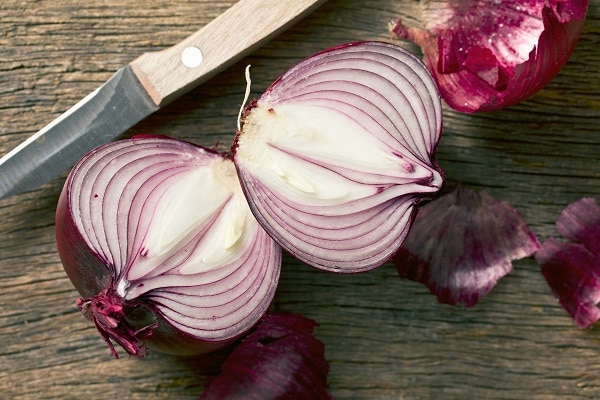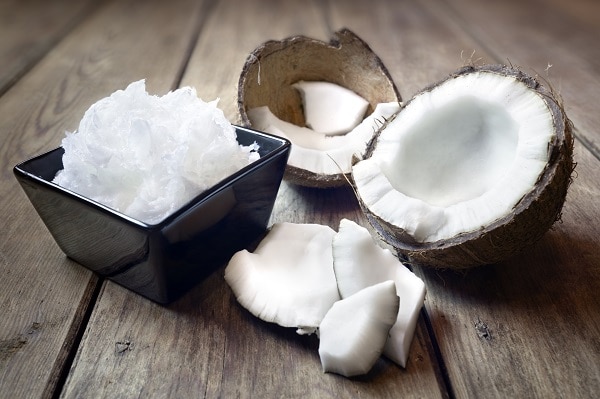When you bring a pet home for the first time, it can be an exciting experience. However, it’s important to be a responsible pet owner and know what is safe for your furry friend to eat. There are many items that you should never give to your pet because they can be dangerous or even deadly. This blog post will discuss some of the most common things people mistakenly give to their pets. So, if you’re wondering what not to feed your new dog or cat, keep reading!
Avocado

Avocados are one food that you should never feed your pet. While the flesh of the avocado is safe for animals, the pit and skin contain a compound called persin, which can be toxic to them. Pets who consume persin may experience vomiting and diarrhea, and in severe cases, it can even lead to death. So next time you’re making guacamole or avocado toast, keep your pet well away from the kitchen.
Grapes

Grapes may seem like a healthy and harmless snack for your pet, but they can be very dangerous. Even a tiny amount of grapes can cause kidney failure in dogs and cats. The exact reason is unknown, but grapes contain a toxin harmful to kidney cells. Symptoms of grape poisoning include vomiting, diarrhea, lethargy, and difficulty urinating. If your pet shows any of these signs after eating grapes, it is important to immediately take them to the vet. With prompt treatment, most pets will make a full recovery. However, if left untreated, grape poisoning can be fatal. So next time you’re looking for a healthy snack for your pet, make sure to steer clear of grapes.
Onion

Onions are a common ingredient in many foods, but they can be harmful to your pet. Onions contain a compound called thiosulfate, which is toxic to dogs and cats. Thiosulfate can cause gastrointestinal irritation and lead to red blood cell damage when ingested. Onion toxicity can also be fatal if left untreated. Symptoms of onion toxicity include vomiting, diarrhea, weakness, and lethargy. Pets should not eat onions in any form, including cooked, raw, or powdered. Even small amounts of onions can be toxic, so it’s important to keep them out of your furry friend’s reach. If you suspect your pet has eaten onions, contact your veterinarian immediately.
Macadamia Nuts

Macadamia nuts are a type of tree nut that is native to Australia. They are popular in baking and cooking. However, macadamia nuts can be toxic to dogs and other animals. The toxicity occurs when the nuts are ingested, and symptoms can include vomiting, diarrhea, tremors, and weakness. In extreme cases, the toxicity can lead to paralysis and even death. As a result, it is crucial to avoid giving your pet macadamia nuts, even in small quantities.
Chocolate

Many pet owners are unaware of the dangers that chocolate poses to their furry friends. Chocolate contains theobromine, which is toxic to dogs and cats. Even a small amount of chocolate can cause vomiting, diarrhea, and heart problems in pets. In severe cases, it can even be fatal. The darker the chocolate, the higher the level of theobromine it contains, so even a tiny piece of chocolate can be dangerous. If your pet has eaten chocolate, it is essential to seek medical attention immediately. Don’t wait to see if they show symptoms, as it may be too late.
Caffeine

Caffeine is a stimulant found in many common beverages, including coffee, tea, and soda. It is also in some over-the-counter medications, such as painkillers and cold remedies. While caffeine can benefit humans, it can be dangerous for pets. Caffeine can cause an increase in heart rate and blood pressure, which can lead to arrhythmias, tremors, and seizures. It can also cause gastrointestinal problems, such as diarrhea and vomiting. For these reasons, it is important to keep caffeinated products out of pets’ reach and contact a veterinarian if your pet has consumed caffeine.
Coconut Oil

Coconut oil has become a popular health trend in recent years, with people using it for everything from cooking to skincare. However, many pet owners wonder if coconut oil is safe for their furry friends. The short answer is no, coconut oil is not suitable for pets, and there is a couple of reasons why. First, coconut oil is high in saturated fat. This can lead to weight gain and other health problems in pets, especially if they already have a fatty diet. Coconut oil can also increase cholesterol levels and cause digestive issues. Second, coconut oil can be toxic to pets. If ingested in large amounts, it can cause vomiting, diarrhea, and even liver damage. Coconut oil can also irritate a pet’s skin and cause allergic reactions. That’s why it is best to avoid giving your pet coconut oil in any form.
Conclusion
Many everyday household items can be dangerous or deadly for pets. That’s why it is important to be aware of the dangers and keep these items out of your furry friend’s reach. If you think your pet has ingested something toxic, it is important to seek medical attention immediately. Never try to treat a pet at home if you are unsure of what to do, which could worsen the situation. Remember, it is always better to be safe than sorry when it comes to your pet’s health.